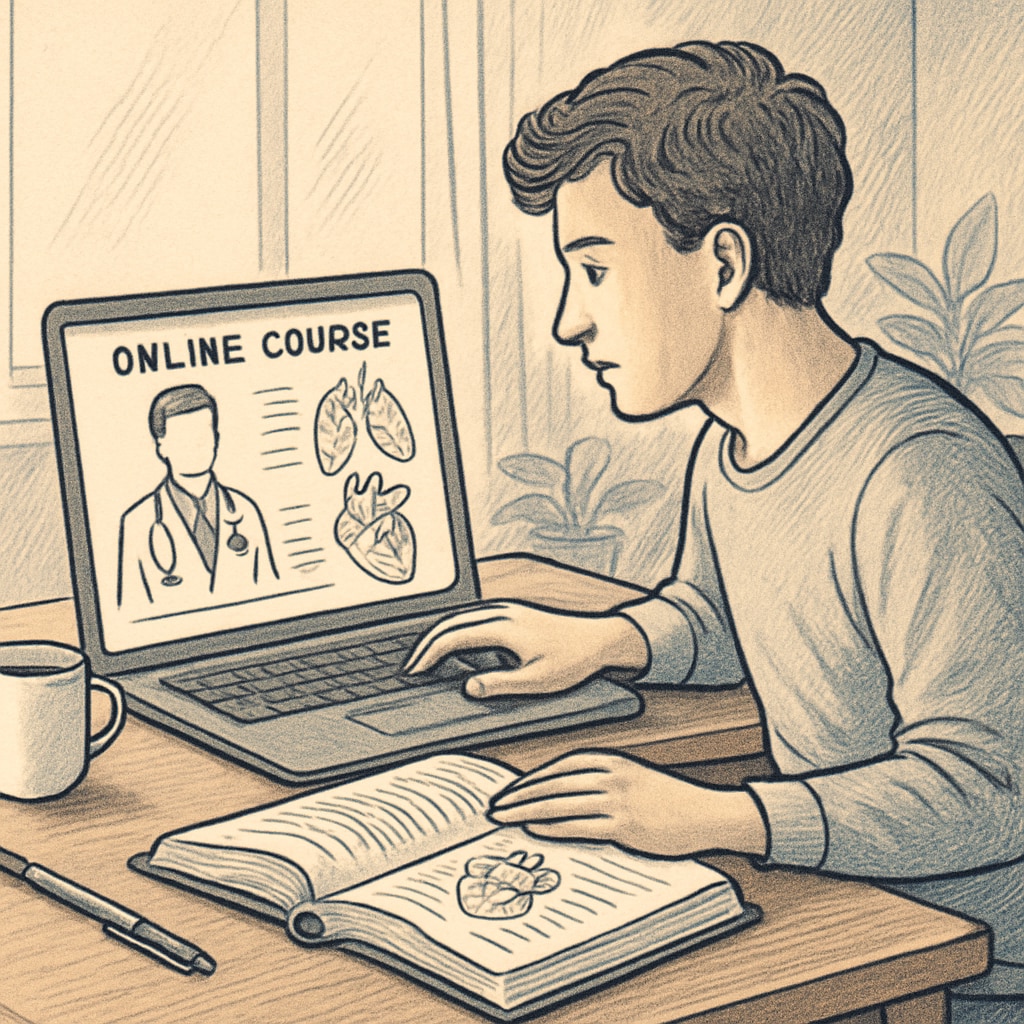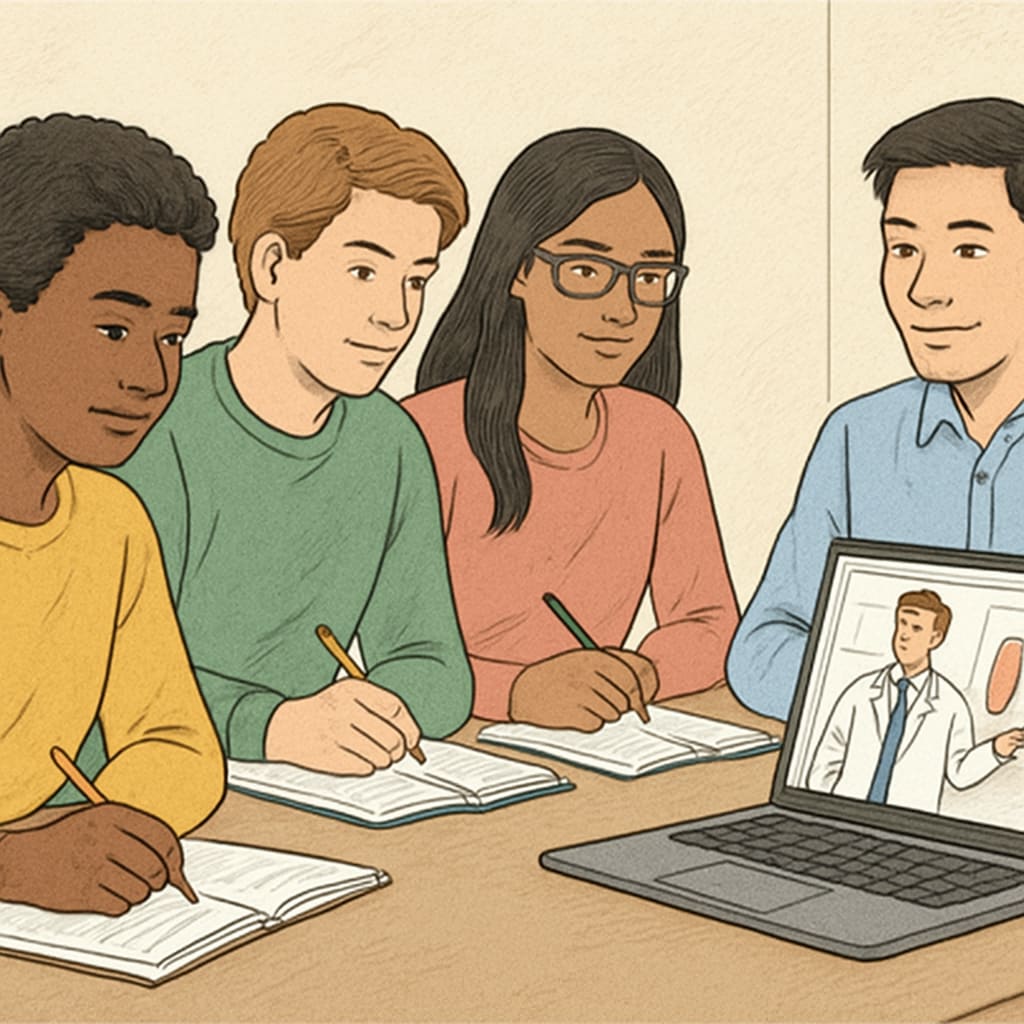In today’s health-conscious world, more non-medical individuals are seeking professional medical education, online courses, and reliable resources to deepen their understanding of medicine. However, they often encounter a dilemma: resources that are either too technical or overly simplified. This article explores effective strategies and tools to help non-medical learners access professional medical knowledge, bridging the gap between curiosity and expertise.
Why Non-Medical Learners Want Medical Knowledge
There are several reasons why individuals without a medical background may want to delve into medical education:
- Personal health awareness: Many people want to better understand medical terms and concepts to make informed decisions about their health.
- Career transitions: Professionals in adjacent fields such as fitness, nutrition, or psychology may seek medical knowledge to enhance their expertise.
- General curiosity: Some individuals simply have a passion for learning and want to understand the science behind medicine.
Regardless of the motive, the challenge often lies in finding suitable educational resources tailored to non-medical learners.

Top Channels for Accessing Medical Education
Fortunately, there are numerous channels available for non-medical learners to access professional medical knowledge. Here are some of the most effective options:
- Online Courses: Platforms like Coursera, edX, and Udemy offer introductory and intermediate medical courses designed for non-medical audiences. For example, courses like “Anatomy for Beginners” or “Understanding the Immune System” break down complex topics into manageable lessons.
- Educational Websites: Websites such as Mayo Clinic and MedlinePlus provide trustworthy medical content in a user-friendly format.
- Books and E-books: Popular science books like “The Body: A Guide for Occupants” by Bill Bryson offer accessible explanations of medical topics for general readers.
- Podcasts and Videos: Podcasts such as “The Medical Mind” and YouTube channels like Osmosis provide engaging content tailored to learners outside the medical field.
By leveraging these resources, non-medical learners can gain a solid foundation in medical knowledge without feeling overwhelmed.
Strategies for Effective Cross-Disciplinary Learning
To maximize learning outcomes, non-medical individuals should adopt tailored strategies:
- Start with basics: Begin with introductory courses or beginner-friendly books to build foundational knowledge.
- Set learning goals: Define clear objectives, such as mastering medical terminology or understanding specific diseases.
- Engage with professionals: Reach out to medical professionals in your network or join forums to ask questions and clarify doubts.
- Practice active learning: Take notes, ask questions, and test your knowledge through quizzes or discussions.
- Stay updated: Medicine is a rapidly evolving field; follow reputable medical journals or newsletters to stay informed.
These strategies can help non-medical learners navigate complex topics and gradually build their expertise.

Challenges and Solutions for Non-Medical Learners
Non-medical learners may face distinct challenges while studying medical topics, such as:
- Technical jargon: Medical terminology can be daunting. Resources like dictionaries or apps can simplify terms for beginners.
- Time constraints: Balancing work, family, and study can be tough. Opt for self-paced online courses to accommodate a busy schedule.
- Lack of guidance: Non-medical learners may struggle to know where to start. Seeking recommendations or curated learning paths can resolve this.
By addressing these challenges, learners can stay motivated and continue their journey in medical education.
Final Thoughts
Cross-disciplinary learning in medical education is both rewarding and achievable for non-medical individuals. By leveraging online courses, trusted resources, and effective strategies, learners can bridge the gap between curiosity and expertise. Whether for personal growth, career advancement, or a passion for knowledge, the journey into medical education is a valuable investment in understanding the science of health.
In conclusion: The key is to find accessible, engaging, and reliable resources that cater to your learning needs. With determination and the right tools, anyone can gain meaningful insights into medicine.


